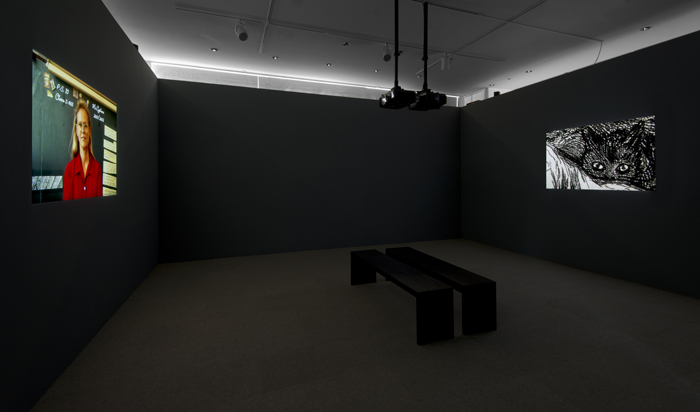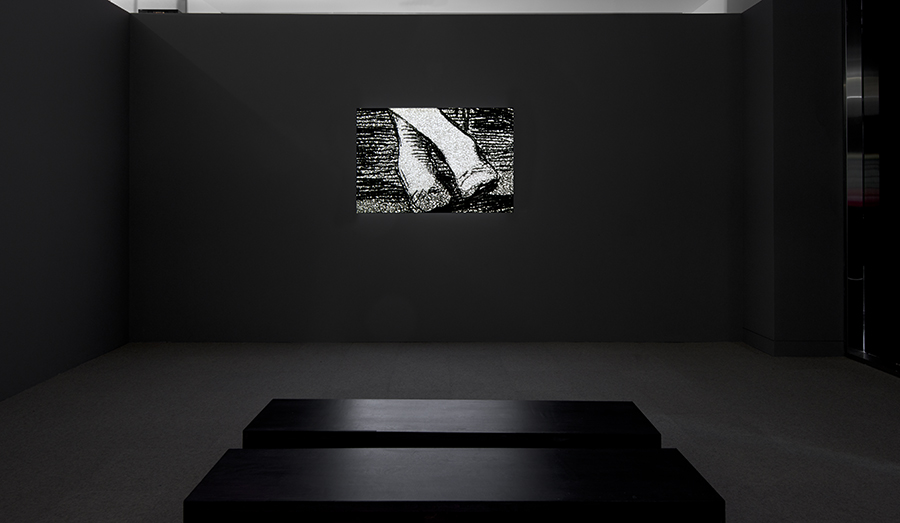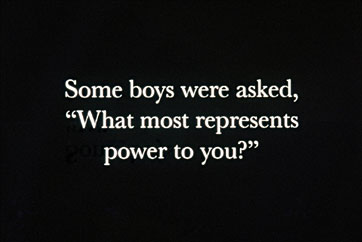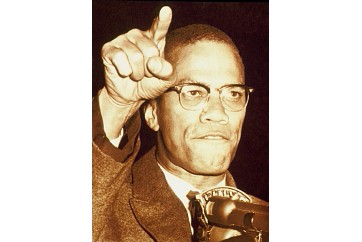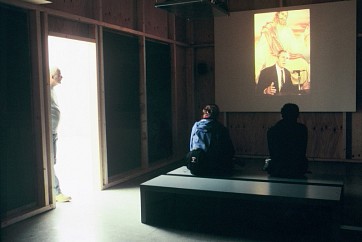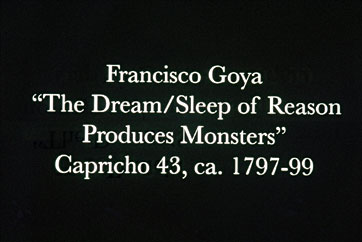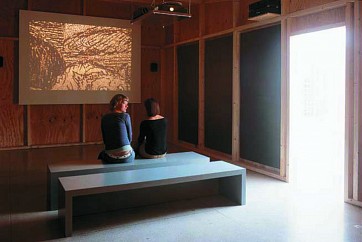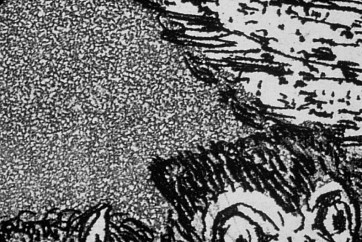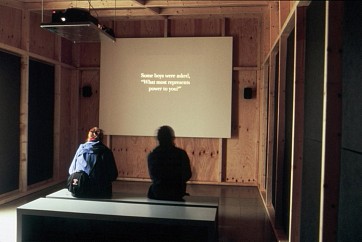|
|
2003/2004
Four anonymous men who work in proximity to men with greater power than they have in the worlds of business, media, art, and politics were asked questions about the men for whom they worked and their relationship to them. Why proximity? Why not speak to those who hold greater power themselves? In part, because of an interest in the vantage point of the man who occupies a support position in relation to the masculine power that American culture privileges in its primary form. Also, men in proximity to power were likely to be more open in the setting of a private exchange guarded by the promise of anonymity.
Four actors recorded dialogues that had been condensed and re-ordered from original transcriptions. Questions and comments were removed from the recordings.
During the months in which these interviews were recorded, I asked boys between the ages of 7 and 11 (in Freudian terms, the period of latency, during which children enter the social realm and sublimate Oedipal desires), one question - "What most represents power to you?" I interpreted the spoken responses of 40 boys as visual images, projected as slides in the space occupied by the voices of the interviews. Another slide component was developed, consisting of only details from one famous etching by Francisco Goya, "The Dream/Sleep of Reason Produces Monsters," (Capricho 43, 1799). This slide component invokes an earlier moment of aesthetic critique. Musical interludes are heard between the four dialogues - digitally re-mixed from the soundtrack of a well-known 1970s film about the Vietnam War, including both music and spoken word.
(91 slides, 2 projectors, continuous projection,audio loop, 37:00; music remixed by Maxim Kolbowski-Frampton) Images at left show installations at Secession, Vienna, and the Hammer Museum, Los Angeles.
Commissioned by Secession, Vienna. Re-exhibited at The Hammer Museum, Los Angeles.
In the collection of MAMCO, Geneva.
Click here for Transcript Excerpts
inadequate...Like...Power, (Secession, Vienna, and Verlag der Buchhandlung Walther Konig, Cologne) English and German (Includes transcription excerpts.)
(See Publications)
© 2026 Silvia Kolbowski
